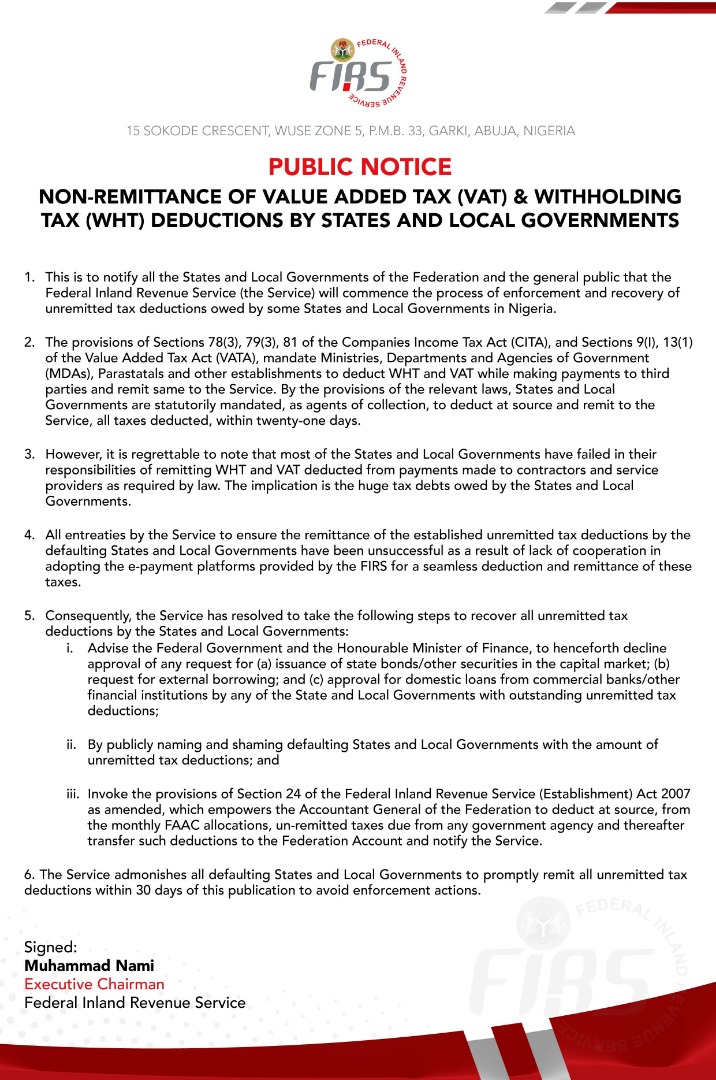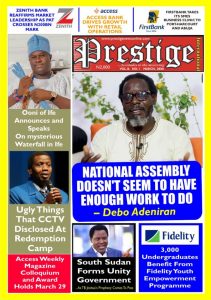
By: Lateef Ositelu
Literacy according to Oxford Advance Learner Dictionary is defined as an ability to read and write as well as to understand. This reading ability ordinarily entails studying in an organized institution but findings showed that Africans got the encounter only during the colonialism.
Scholars have argued with substantial proof that people of African descent have their cultural ways of reading and writing even beyond oral tradition before the advent of the Europeans colonialists.
The controversy that the European brought writing and reading skills to African had caused serious intellectual spat between African and European scholars. In the heat of the argument, there was a reference to British Historian called Hugh Trevor Roper whose lecture a conference in the University of Sussex in October, 1963 disclosed that there is no African history to teach but at present there is none, or very little. There is only the history of European in African the rest is darkness, like the history of pre-Columbian America. And darkness is not a subject of history.
Ropers submissions drew wailing reactions from diverse African scholars like Onwuka K Dike, JC Anene, JF Ade, Ajayi, Bolanle Awe, Abu Boah, Obaro Ikimi and host of others who vehemently disagreed with Ropers tagging Africa as Dark Continent as contemptuous . They put it proudly that, Africa had existed with a well-organized monarchical government and a civilized society before the advent of Europeans.
The position of some of these African Scholars was that the continent was never backward or dullards as erroneously being projected by foreign voyagers. They emphasized further that European invasion stymied the full manifestation of African literacy development from materializing in the continent. Some of the typical analyses for countering the white ill fret were the calligraphy writing skills found in South Western region of Nigeria, known as Oracle slanting skill (Eji Ogbe ifa), the Sebede writing skill from Eastern Nigeria and the writing skills in Amharic and Semitic language discovered Ethiopia and ancient cartography in Egypt similar to Arabic or Tigrigna, Akkadian among other regions of the Mesopotamia.
Finding showed that, literacy development that precedes civilization orchestrated learning/ research institutions which grew great in Europe and eventually sparked off 18th Century Industrial Revolution that turned around the destiny of world into a global village. They argued that such ingenuity are not ready available in Africa at the time European had bust out into era of industrialism. African was said to be meddling with the issue of Oral Tradition, connotation in cognomen and memorabilia which could not march the European sophisticated writing and reading ability. But up till now, the disagreement about the lost of rich African native literacy to colonialism has not been adequately resolved under scholastic review.
Today, what is seen in Africa continent as literacy study is nothing but Linguafranka, the adoption of writing and speaking of foreign language as one official language for communication which was syllabified for African literati consumption. No wonder most African students fail to grasp the full concept of education as a platform to ensure civility, peaceful coexistence, socio-economic development and among others. Many scholars have decried the phenomena as the main speckle factors affecting African industrial development among others.
Be as it may, African scholars insisted that Europeans civilization had disrupted very peaceful foundation of native literacy knowledge, civilization, native science and technology. Social experts have argued that it might take African a longer year to conform to foreign literacy and attain the globally prescribed civilization as its core native sense of speaking and writing had been stolen and replaced with linguafranka.
Though Africa was not the only colonized continent or regions as other continent that were colonized side by side were great today and developed beyond measure. But why is Africa still lagging behind 46 years after the continent had gained her independence from colonialism. The point according Professor Babade of University of Gode, said Africa had received an over doze of western literacy that has eventually distorted her original frame of mind even with neo-colonialism.

Today all the colonized African countries are now part of the world celebrating International Literacy Day on every September 8 being observed annually by United Nations Education Scientific and Cultural Organization (UNESCO) to spread the importance of literacy for individual, communities and societies as a factor of promoting human dignity and human right particularly towards ensuring a more literate and sustainable society with enduring peaceful co-existence. Without much ado, all Children of African descent are part of the celebration, even though their literacy knowledge has been woven into global tapestry, the typical Amulumala read and write study in what is called ‘Ede Ajeji’- meaning foreign language. We all know the impact of this on African child till today. But I am still pondering over the literacy challenges confronting African people and if they can ever regain their lost socio cultural mien in 21st Century.
Be that as it may, Governments at all levels in Sub- Sahara Africa particularly in Nigeria can pioneer the rekindling of African literacy hope by encouraging the study of African rich cultural norms and values in schools through indigenous literacy research frame work that will revive the native alphabets and advance the local numerical study among others towards attaining true industrialization even in the face of neo-colonialism.
Ositelu, Writes in from Ogun State Ministry of Information & Strategy, Oke-Mosan, Abeokuta, Ogun State.
Can be reached via: adegbenroositelu@gmail.com






























